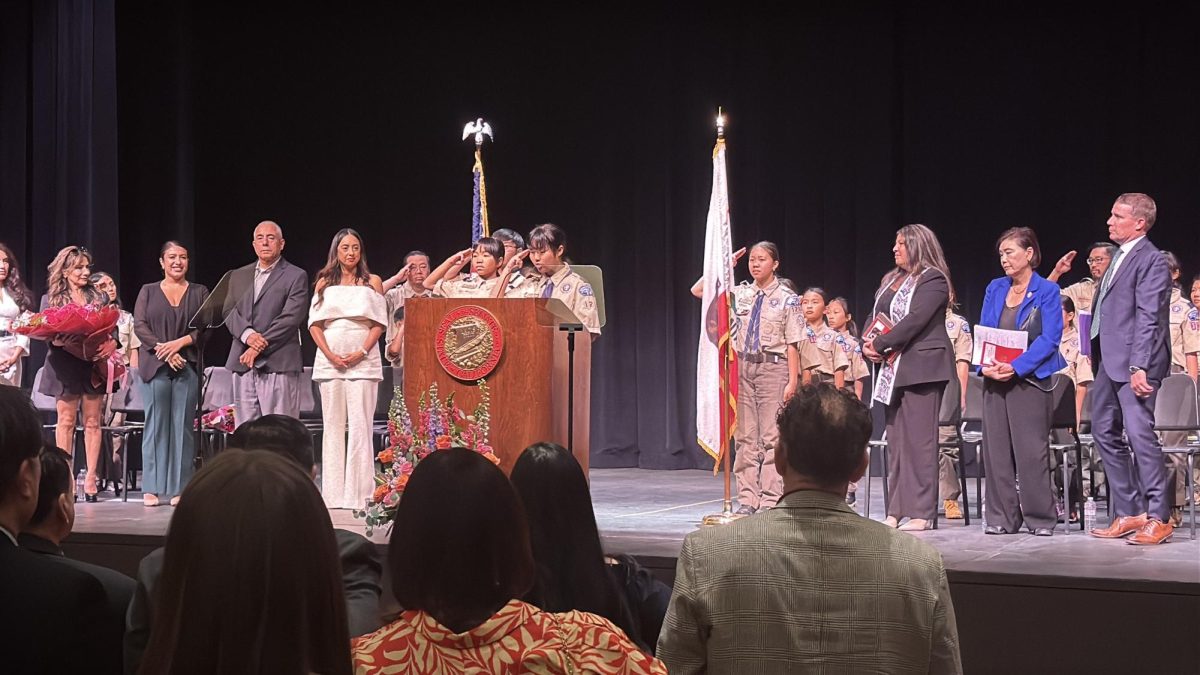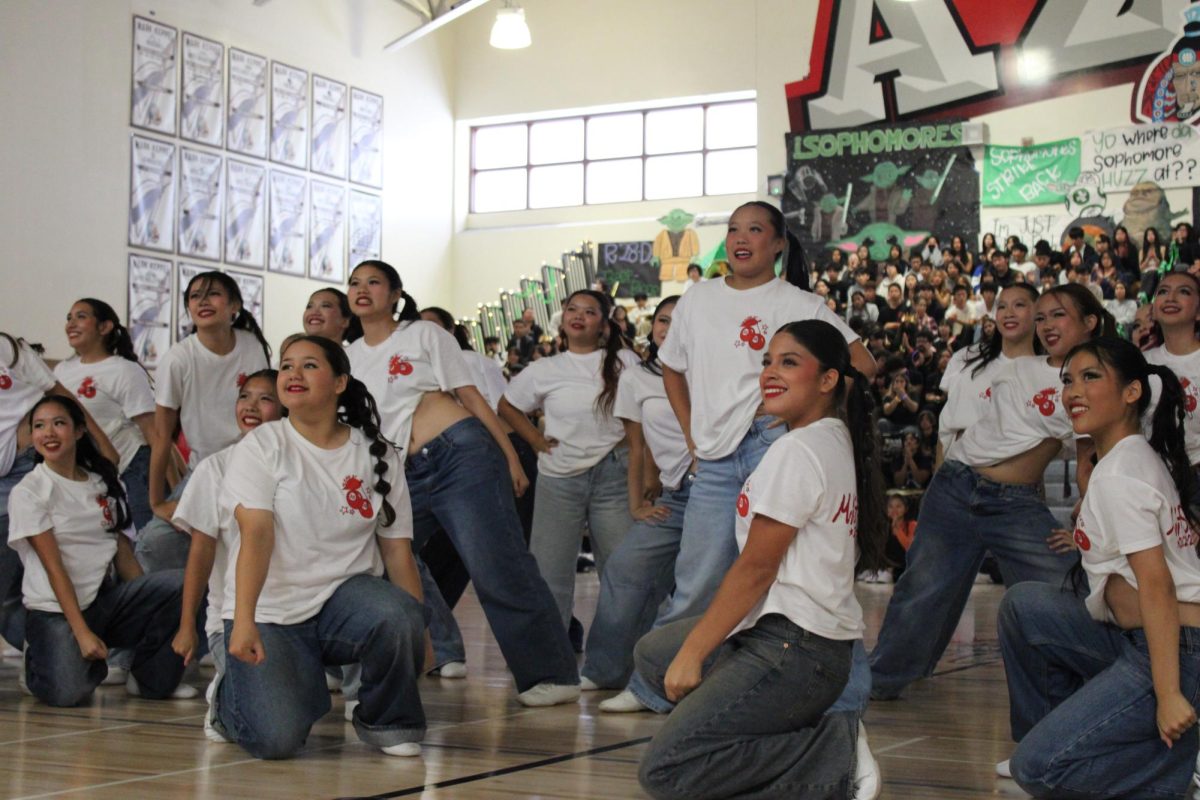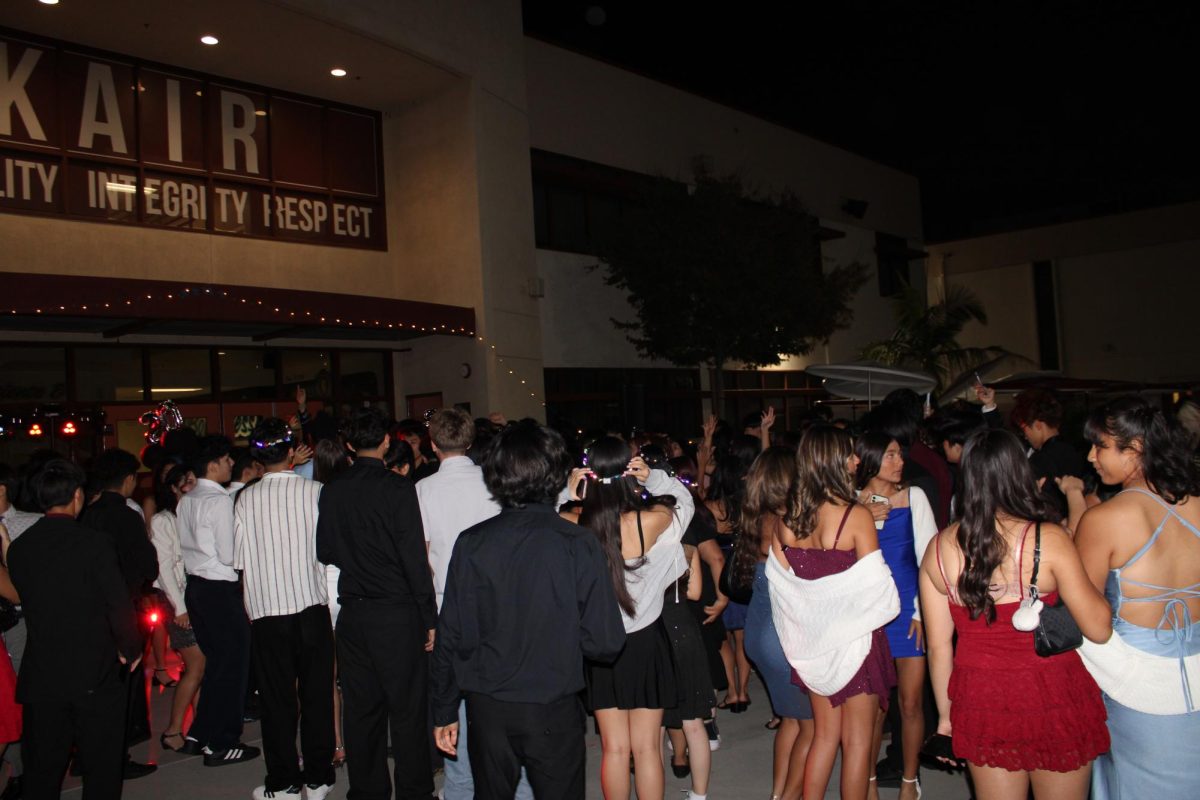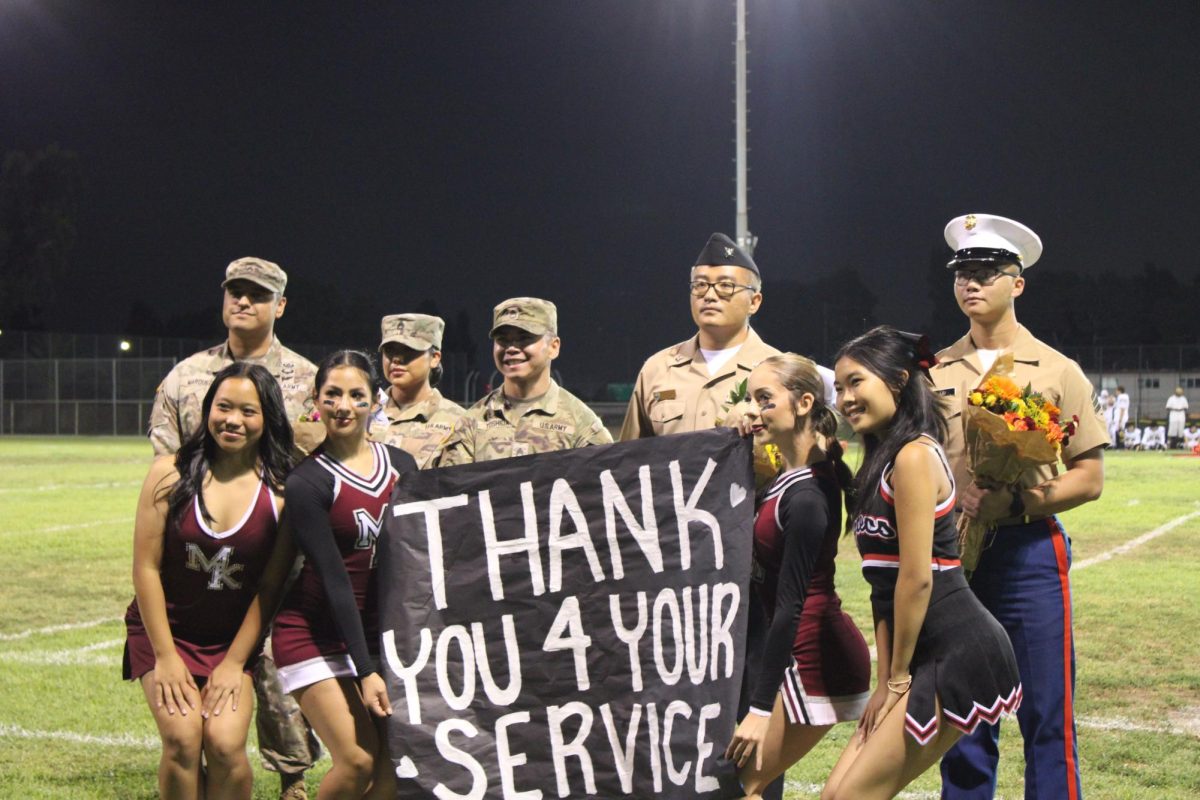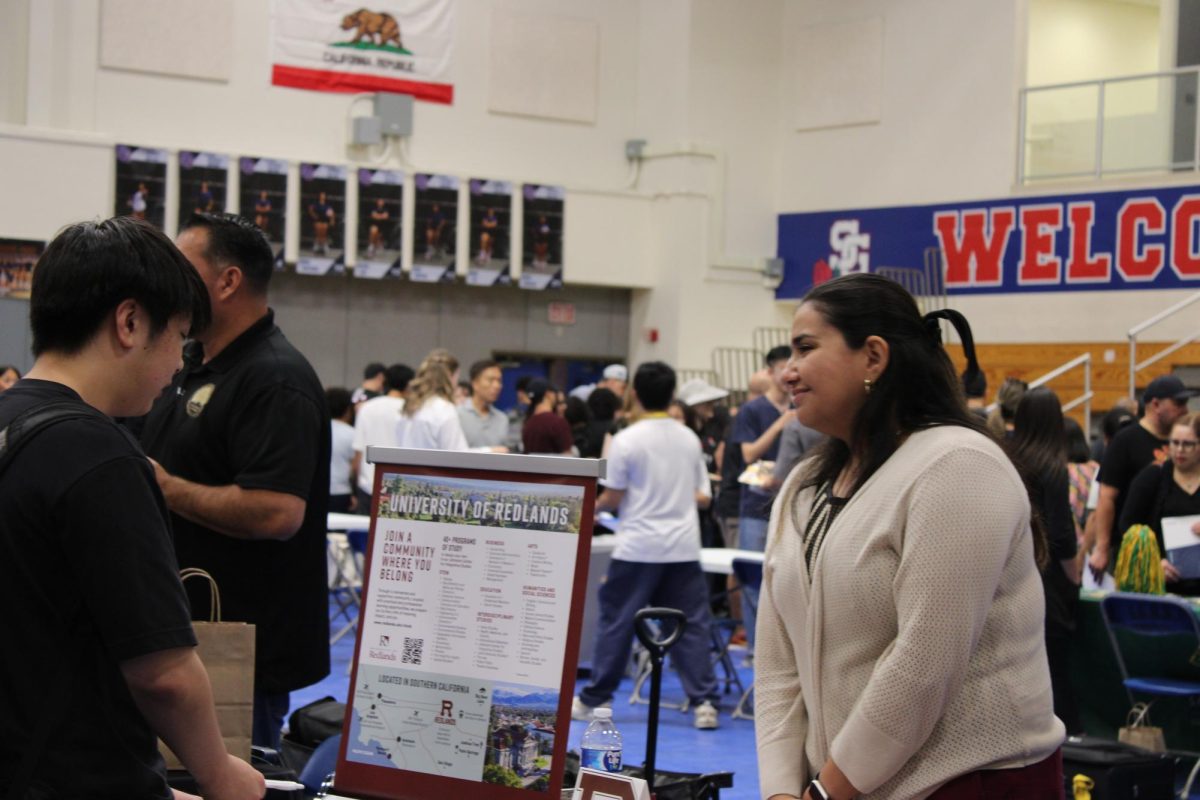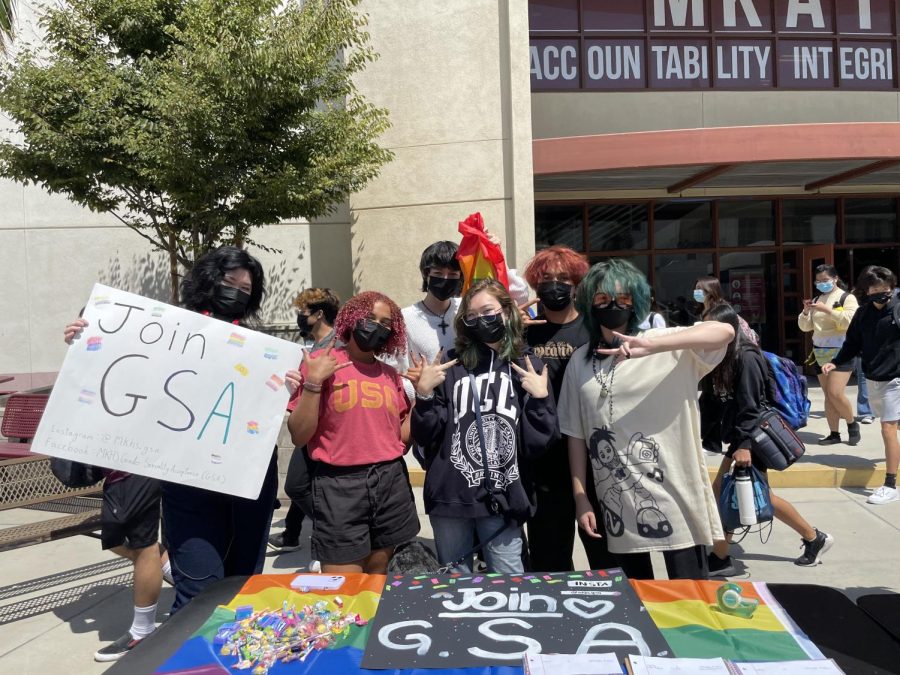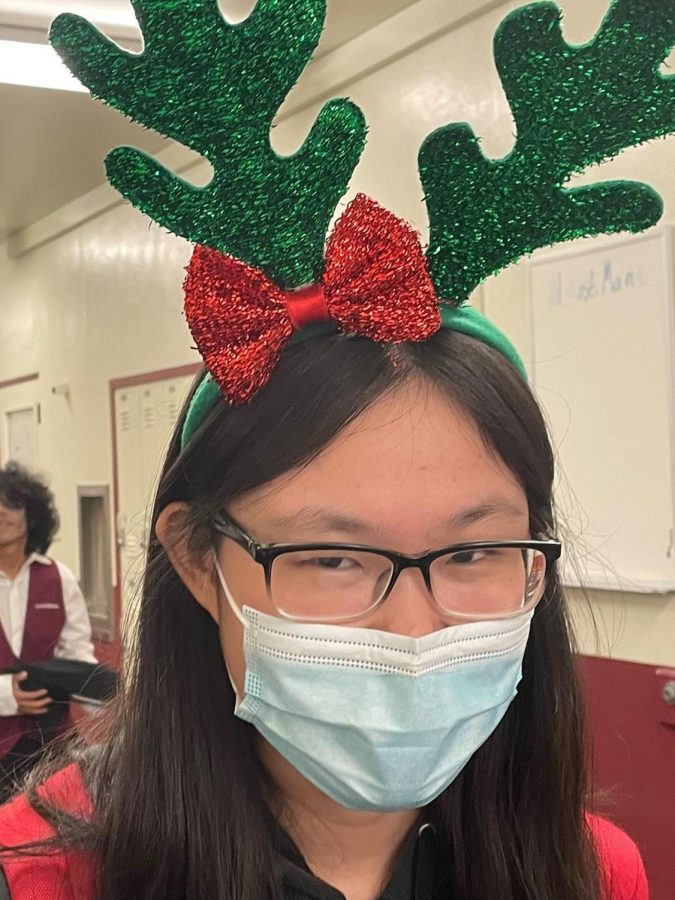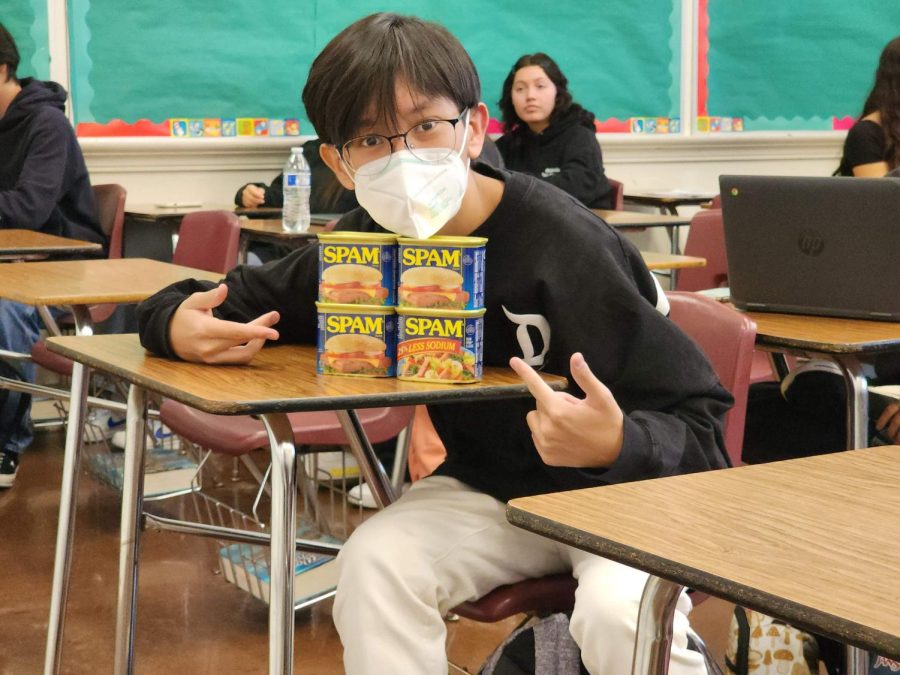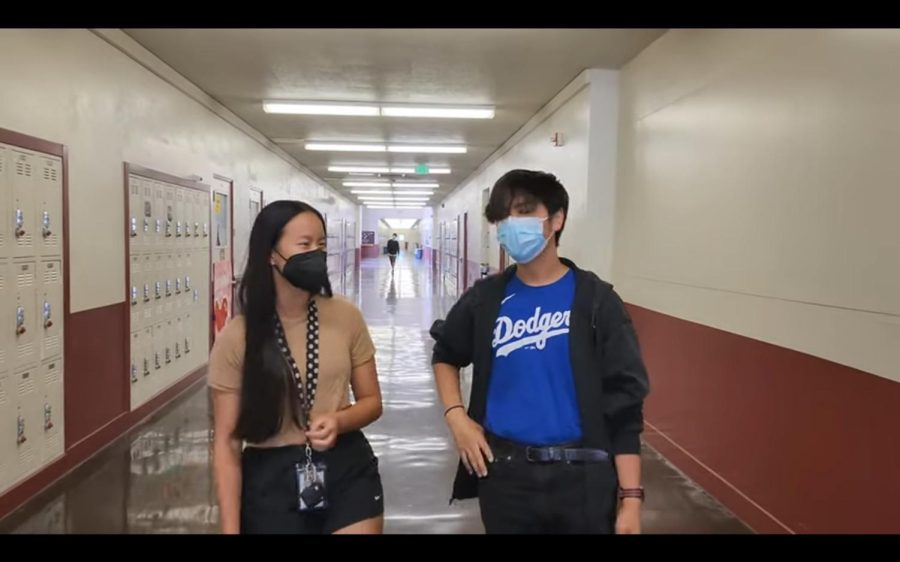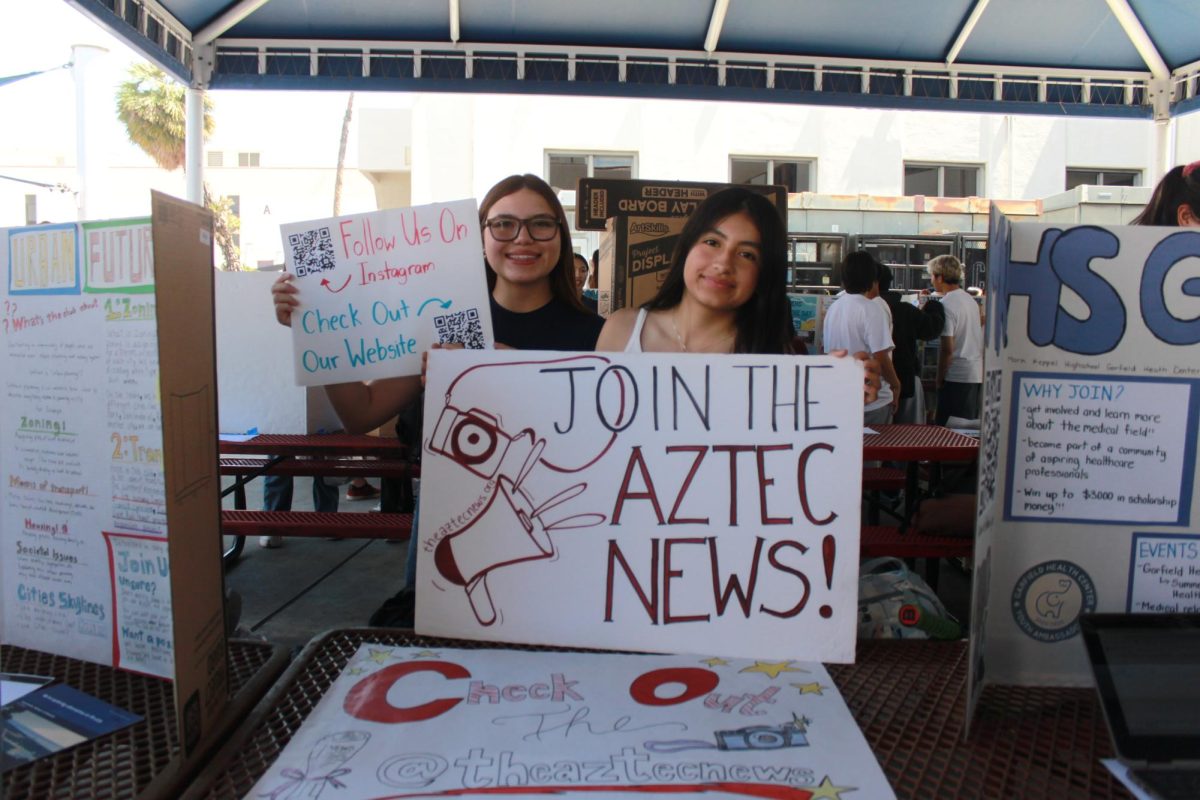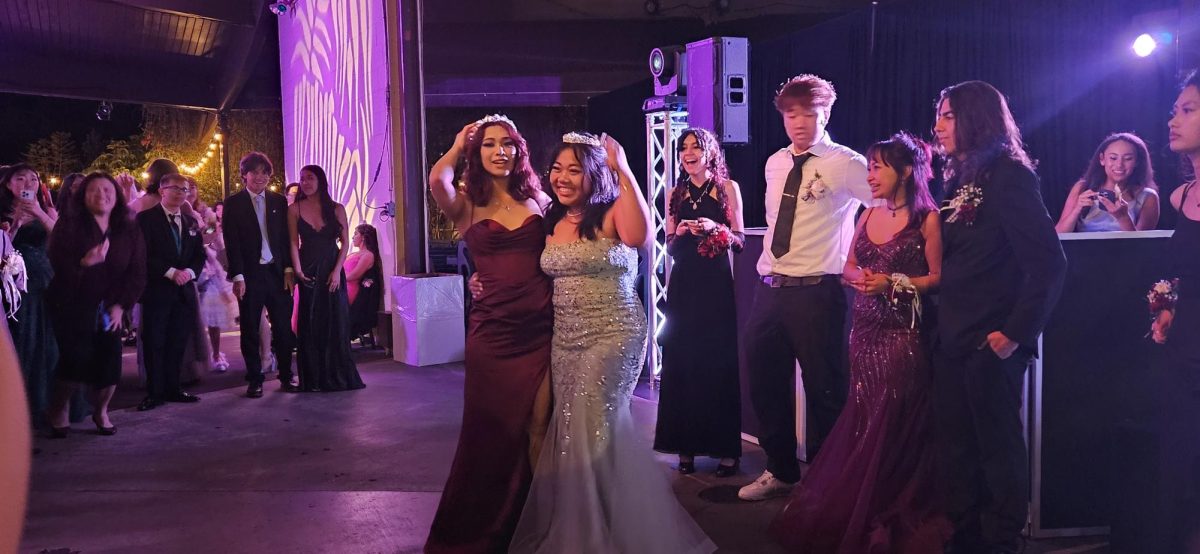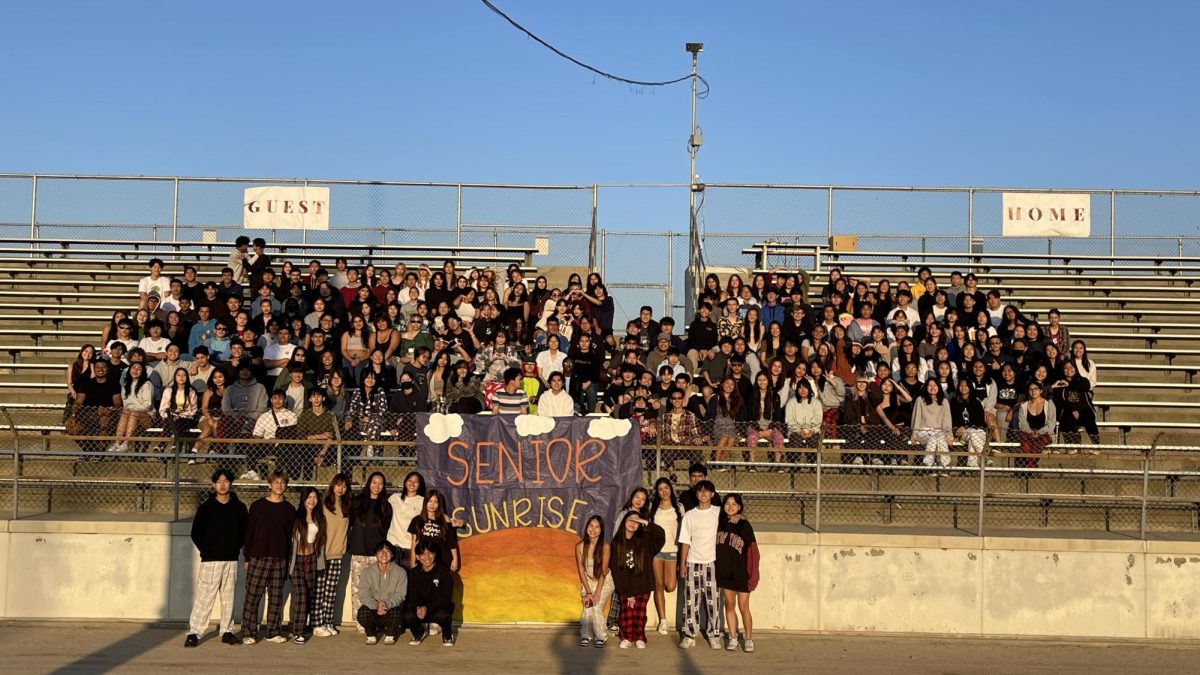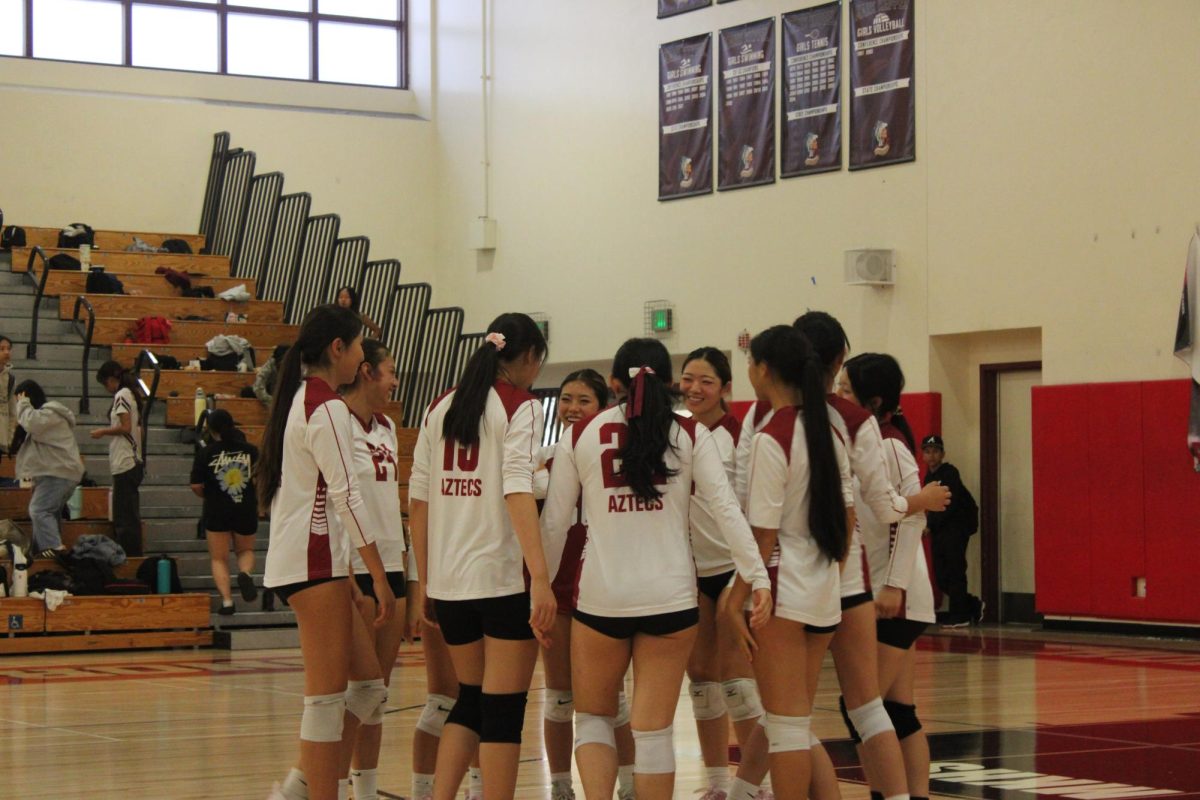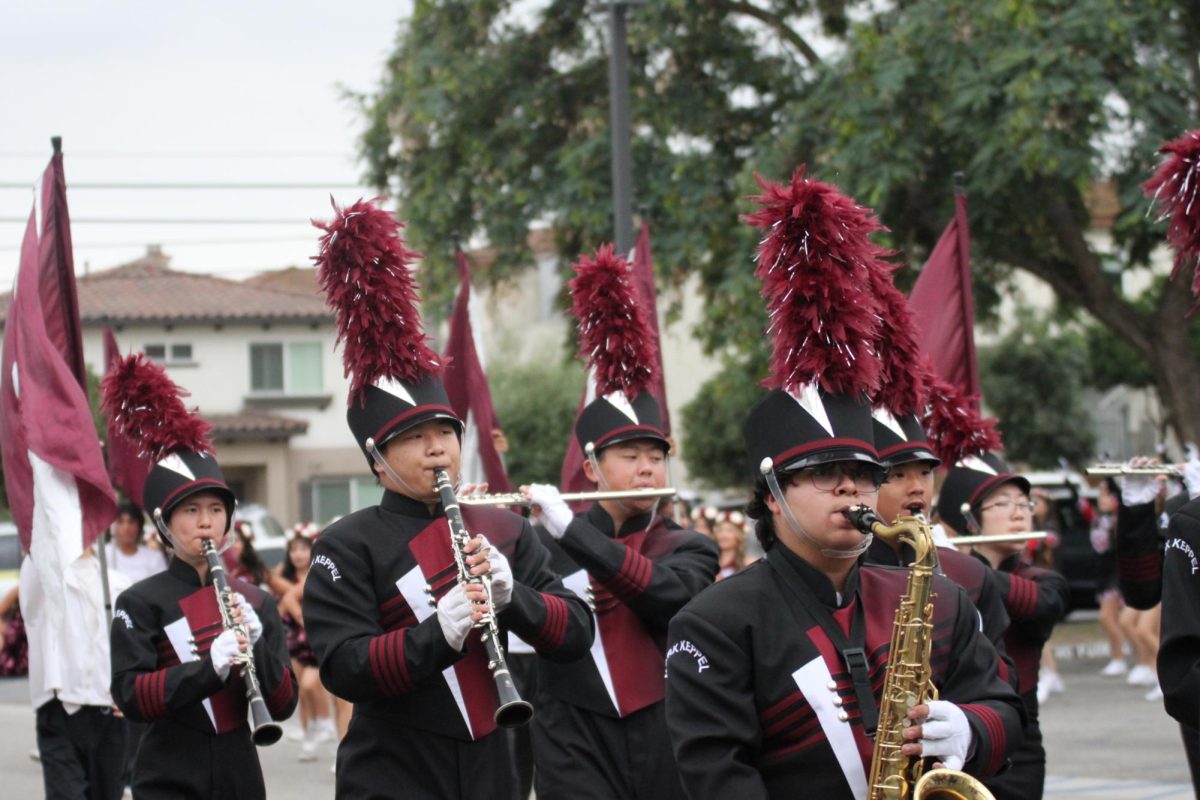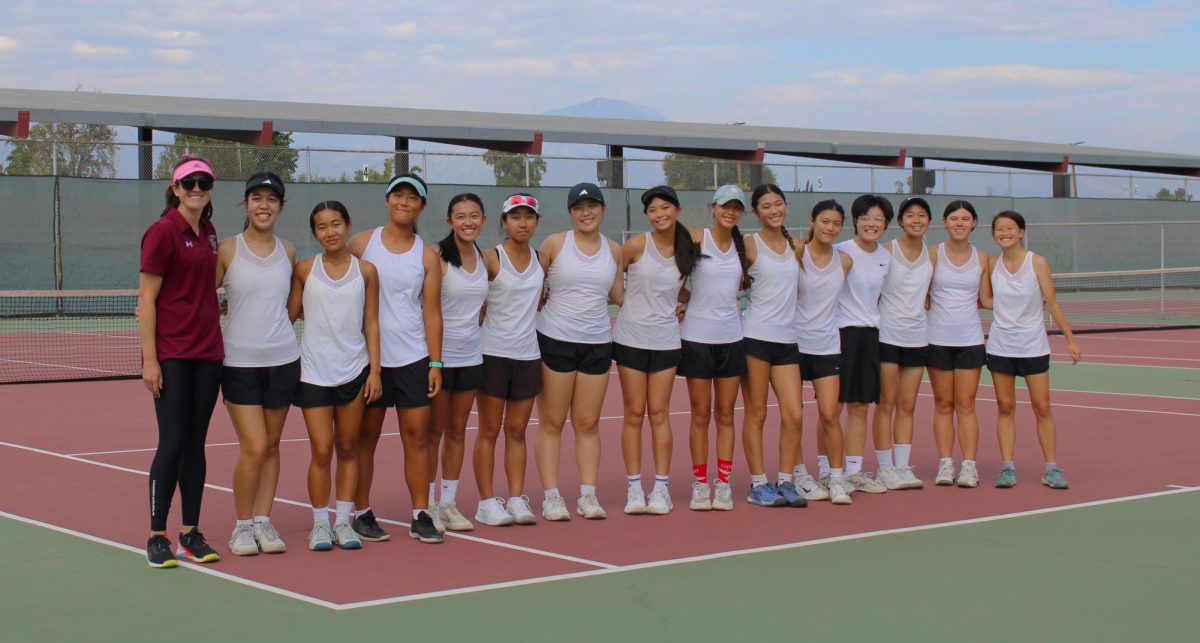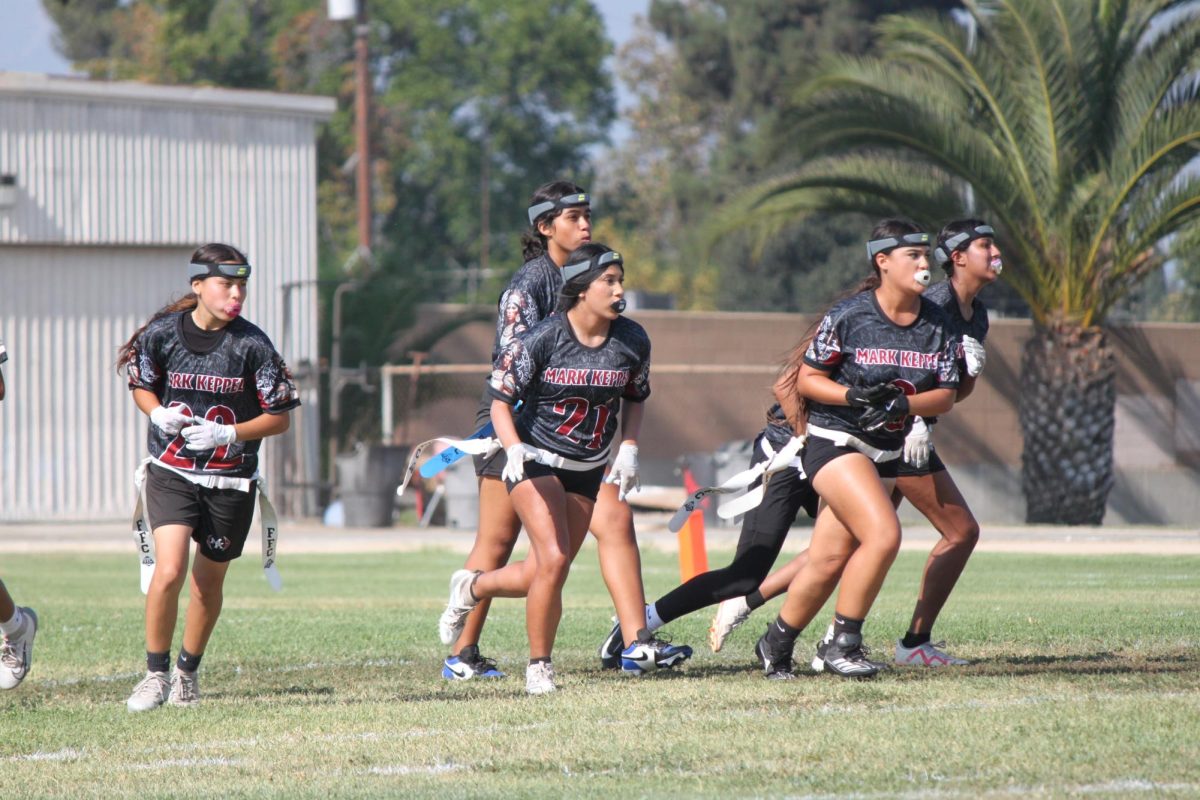The Jewish Federation took a group of educators to Israel this summer, courtesy of the Holy Land Democracy Project, to help them gain perspective on life and education. During the ten-day trip that took place between late June and early July, what was eye-opening became even more so because of the federation’s newfound interest in taking leaders who could seriously influence politics. This led to the invitation of Dr. Denise R. Jaramillo, superintendent of the Alhambra Unified School District. Jaramillo was hesitant at first, but because of the federation’s insistence on her taking the trip, she went, inviting Dr. Leann Huang, the district’s coordinator of CTE and Educational Services.
The itinerary for this trip included visiting the Old Town Jerusalem, the Gaza Strip, the West Bank, and more historical sites. Everyone would wake up early every morning, from around 8:00 to 8:30, and spend the day meeting local, political, and educational leaders. They visited educational and historical sites, discussed contemporary ideas and protests, and learned how all the information they learned plays into the political dynamics of the country. And everything they experienced was superimposed on this beautiful ancient backdrop, packed with speakers and CEOs that the educators could listen and learn from. Learning firsthand about a country so vastly different from what you are used to is difficult. This is something Jaramillo believed was so important, how she changed because of what she learned.
“We all change in learning. Some more than others. We look at the world differently than before. Where it seemed before that one side is right and one is wrong, we realize that there are more layers to that.”
One of the most important lessons she learned is that we as people, as Americans, are victims of our media. We question nothing. In Israel, there are a lot of rules and regulations instilled by an overarching religion that Americans are simply not used to. Such as the draft, when someone turns 18 they must serve in the army for 2 years. But Israel is very western, using credit cards, but also not as safe as America, instead of having men and women with guns at barricades and walls separating certain types of people, letting some in and others out, getting on buses and checking passports. Jaramillo, Huang, as well as Mrs. Luckey, who was also on the trip, realized the privilege Americans have, how free we seem in comparison, how their own country is divided into Arab and Jewish Israelis, the latter being better treated. This is something we would protest in America, but they can’t do it there. And despite all this, people are happy, celebrating. Some of them still have a good life despite their troubles. Jaramillo reminisced on one of her favorite parts of the trip that exemplified this mix of pain and joy.
“It was Shabbat evening in the old Jerusalem courtyard. It was from sundown on Friday to sundown on Sunday. People were in their clothes, it was cool, people were singing and dancing and happy. And to watch was incredible. These young soldiers, who had to be 19 or 20, wore uniforms and held rifles, and danced among them, happy. It was unbelievable.”
Jaramillo believes there are different ways to learn. There can be more safety and stability, but kids are still learning and so will she. She aims to make sure the system meets all the needs of every child who comes, especially minorities. This was the trip of Jaramillo’s life, and if she could do it all over again she would. And she pleads with anyone who has thought of going to take the chance because it was the best thing she had done.
Huang had similar experiences to Jaramillo. She became more aware of the world, and the power of resilience and hard work. She noticed how the Israelites are more open than Americans are; they are more willing to share their feelings and communicate, and they learn a lot of languages at a young age. Huang did not know what to expect, so it was exhilarating. Huang points out the freedoms that Americans and even herself take for advantage.
“For example, I am guilty of leaving my water running when I use the bathroom or the sink. I never really thought about it until I saw that not everyone is as lucky as I am to have what I have. Knowing what I do now, I am going to be more careful and resourceful going forward.”
Another neglected freedom Huang recalls is that there are certain places that certain people can and cannot go to. Her favorite memory was also Shabbat, and she mentions how it “felt like I was in a movie.” Huang had never thought she would take a trip like this, or see how different people are educated, but she is grateful she has this experience and is happy to have made new connections.
It isn’t often that you get to visit a country like Israel in an avenue such as the educators who took this trip did. With everything that the country is known for, it’s eye-opening to see what it is like from a different perspective, from within. So, if you are an educator who is interested in taking a trip like this, research the Jewish Federation’s trip for 2024. It may change your life.

